
AI chatbots may assist in mental health, but they cannot replace the essential human connection provided by psychiatrists and therapists.

AI chatbots may assist in mental health, but they cannot replace the essential human connection provided by psychiatrists and therapists.

Psychodynamically-informed pharmacotherapy is much more than “prescribing.”
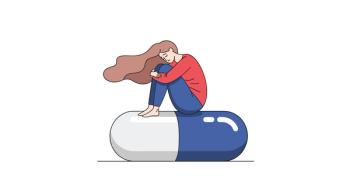
Benzodiazepines spark ongoing debate, balancing effective anxiety relief with addiction risks, as cultural attitudes shape their use and perception.
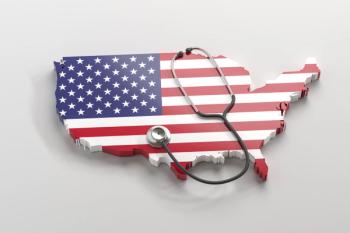
Daniel Morehead, MD, explores the resurgence of antipsychiatry sentiments and the importance of advocating for mental health amid rising skepticism.
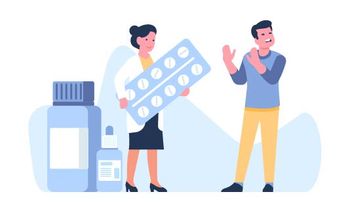
Daniel Morehead, MD, critiques the discourse around antidepressants, urging a balanced view of their benefits and risks while addressing patient concerns.
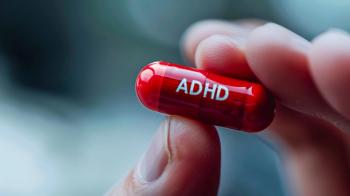
This critical analysis of recent ADHD coverage challenges misconceptions about treatment, emphasizing the need for a comprehensive approach to mental health.
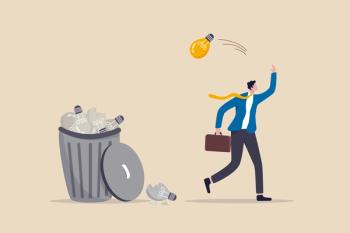
Dumb idea: We should expect rates of mental illness to melt away due to widespread treatment.

Who is the ‘bad guy’ of health care? Insurance? Clinicians? Or something else?
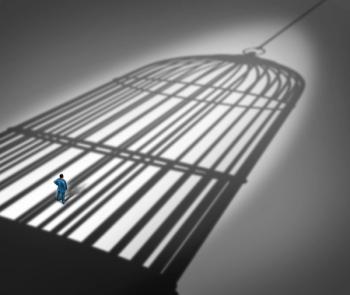
A recent New York Times “hard hitting expose” accused Acadia Healthcare of hospitalizing psychiatric patients inappropriately. What does this expose about psychiatric hospitalization?

Some of the things we do in the name of mental health will one day seem bizarre and barbaric to those who come after us…
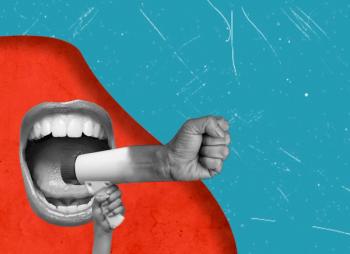
Nothing prevents psychiatrists from taking full part in the political process or even the culture wars—as long as they do it outside of their roles as psychiatrists, says one doctor.

A time for fighting or a time for peace?

An expert discusses how the risks of benzodiazepine prescribing have been exaggerated in the minds of government officials, critics, and the public at large.

Check out this review of Ronald W. Pies’ latest book!

While benzodiazepine prescribing certainly carries risks, those risks have been demonstrably exaggerated in the minds of government officials, critics, and the public at large.

Patients should be confident about what psychiatric care offers, regardless of whether they utilize any specific treatments, or even recognize that they are receiving therapeutic care.
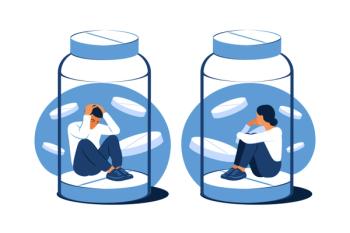
Psychiatric treatment works to a degree comparable to other branches of medicine which address complex, chronic illnesses.

When the media repeatedly portrays such tepid ambivalence about psychotherapy, millions of suffering individuals get a vague and misleading impression of this treatment.
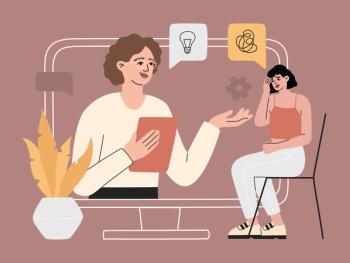
Why does the media continue to persecute psychotherapy?
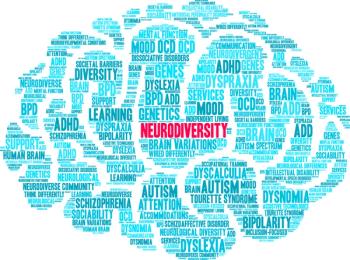
Where might proponents of neurodiversity and psychiatrists agree?

An expert discusses the reality of and the true role of psychiatrists in involuntary hospitalization.
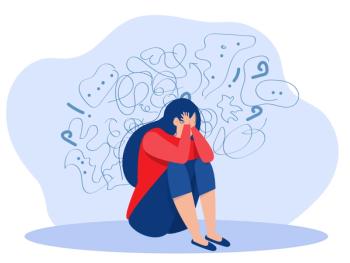
Involuntary treatment is a trauma.

The perilous politics of involuntary treatment…

Mental illness is medically real.

What if the psychiatrist’s public face changed from that of a distant prescriber to one of a fellow warrior in the trenches?

Let’s stop fighting amongst ourselves as a mental health movement and focus on biological as well as psychosocial treatment.

A frequent criticism of psychiatry: psychiatrists do not learn, practice, or value psychotherapy. Is it true?

The truth: Psychiatric treatment works.

How important is psychotherapy today?

How does a recent critique of the history of psychiatry get it wrong?

Published: July 23rd 2022 | Updated:
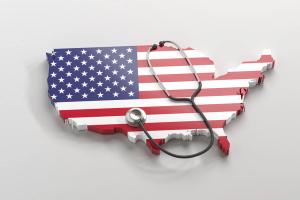
Published: June 9th 2025 | Updated:

Published: August 6th 2019 | Updated: